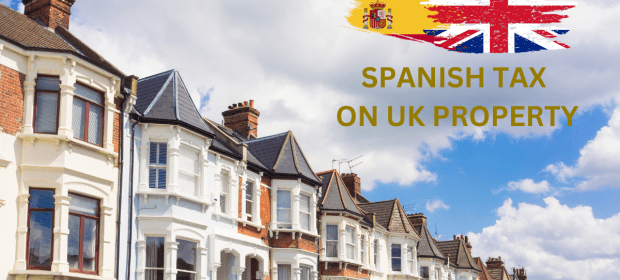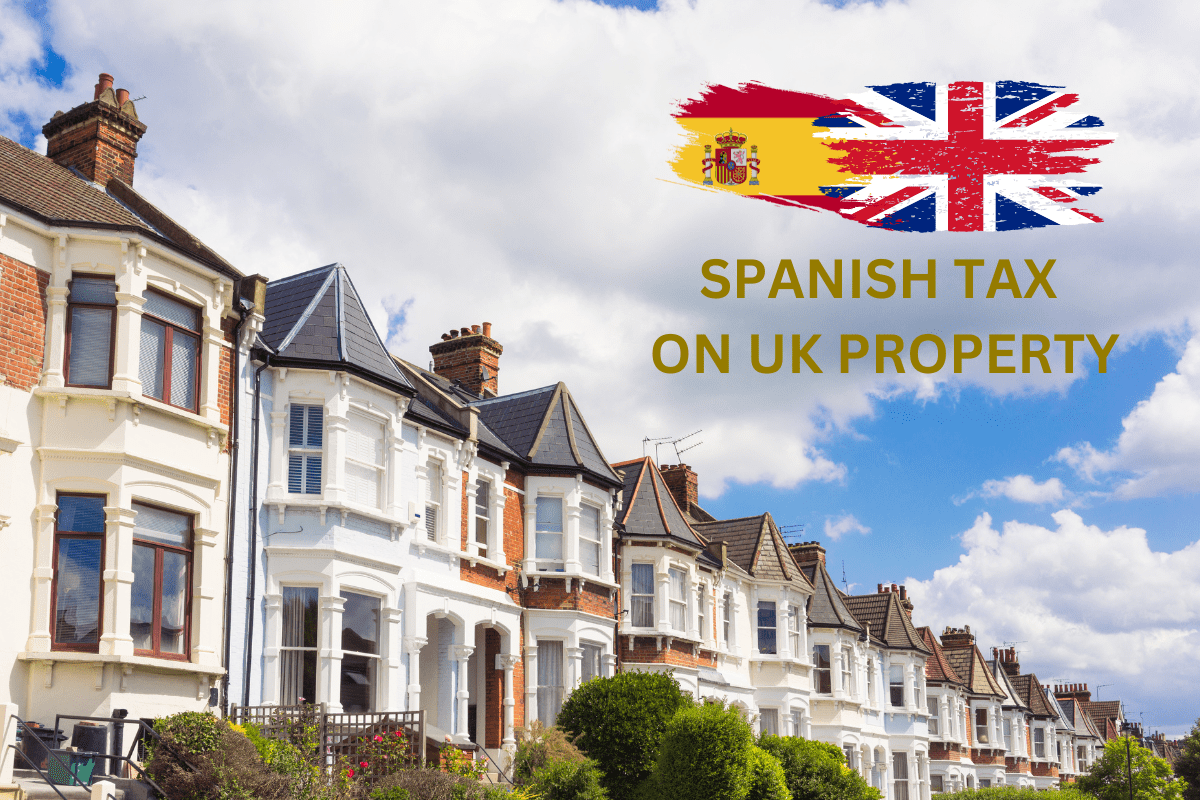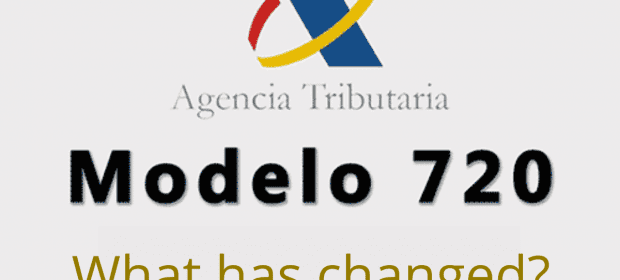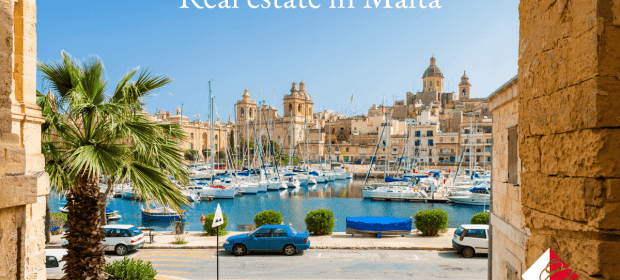The Non-Habitual Residence (NHR) scheme has been a great success in attracting new residents to Portugal seeking a favourable tax regime and is also the ‘icing on the cake’ for those moving to Portugal for lifestyle reasons.
NHR is a preferential tax status granted by the Portuguese government to new residents and lasts 10 years. I will not write about the specific benefits as we have produced a dedicated NHR guide which is available on our website. Rather, I wanted the focus of this article to be on the planning that is required because the benefits of NHR are not automatic; you have to plan to make the scheme work for your specific situation and objectives.
When talking with clients, I break down the planning required into three phases: prior to arrival, during the NHR period, and following the expiry of the NHR status.
The planning required before arriving in Portugal involves:
- Utilising any tax breaks and exemptions in your home country. For example, in a UK context, you may wish to close any investments you have that work from a UK perspective but are not efficient in Portugal such as Individual Savings Accounts (ISAs). ISAs are tax free in the UK, but if you wait until you establish residency in Portugal to surrender, you are likely to incur unnecessary taxation
- If you are relocating from countries such as the UAE or Singapore, you may wish to consider realising capital gains prior to departure
- Considering taking advantage of your Pension Commencement Lump Sum entitlement (25% tax free cash) from pension schemes, as this is lost when you become a Portuguese resident


















